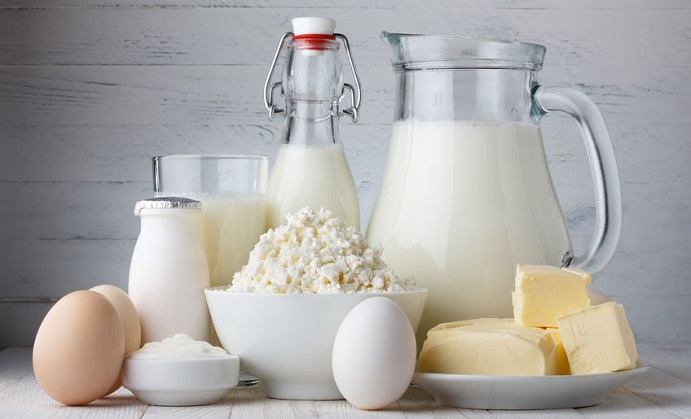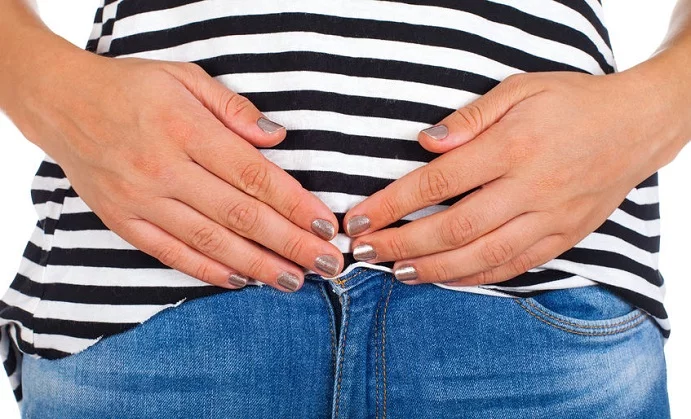Irritable bowel syndrome, more commonly known as IBS, is a very painful and frustrating condition to deal with. Stomach issues can affect your daily living and make navigating social situations a real challenge. All the worries about what you will eat when you are out or how you will manage driving far distances can really put a damper on things. While IBS is a relatively common condition, not everyone will experience symptoms exactly the same. In fact, there are three main types of IBS:
- IBS-D
- IBS-C
- IBS-M
Here we will discuss the main symptoms of IBS-D and what you can do about it.
What Makes IBS-D Different?
The main symptom that makes this type of IBS different to other types is that sufferers experience diarrhea and loose stools to go along with the standard gas, bloating, and cramping. You may also experience the sudden urge to use the bathroom which can seriously affect your quality of life. These symptoms are also similar to other gastrointestinal health conditions such as celiac disease and Crohn’s disease which makes visiting your doctor so important to rule these out. In order to be considered as having IBS-D, you need to experience diarrhea as your main symptom for more than 25% of the time.
What Causes IBS-D?
IBS-D is triggered by pretty much the same things that other types of IBS are triggered by. Causes such as stress, certain foods like dairy and caffeine, and smoking may all contribute to your suffering so these are best avoided. What causes your symptoms will also probably vary to what causes someone else’s symptoms so keep a track of what you eat or situations you experience to see what could be making your symptoms worse.
What Can Be Done About It?
There are different things that can be done to help relieve your symptoms. There are certain medications that can be taken such as Imodium to help relieve diarrhea as well as other prescription medications. As these types of medications can lead to some side effects, most people try to manage their IBS first by making lifestyle changes. This includes things like managing your stress, exercising, getting enough sleep, and eating the right foods (and avoiding the wrong ones). Avoid foods that cause gas such as beans, broccoli, cabbage and fizzy drinks. Studies have also found that avoiding gluten can help reduce the symptoms of IBS as gluten may cause some inflammation in the gut. The most popular diet that people follow to relieve their symptoms is called the low-FODMAP diet. FODMAPs are a certain carbohydrate that is found in specific food such as honey, dairy products, wheat, onion, garlic, beans, lentils, stone fruits, and xylitol, which should all be avoided. However, avoiding these types of foods may result in your diet lacking fiber, which can also have an effect on your digestion, so you will need to make sure you are getting enough fiber from other sources.
Do you want to find an effective IBS treatment? Check out our top rated IBS products












